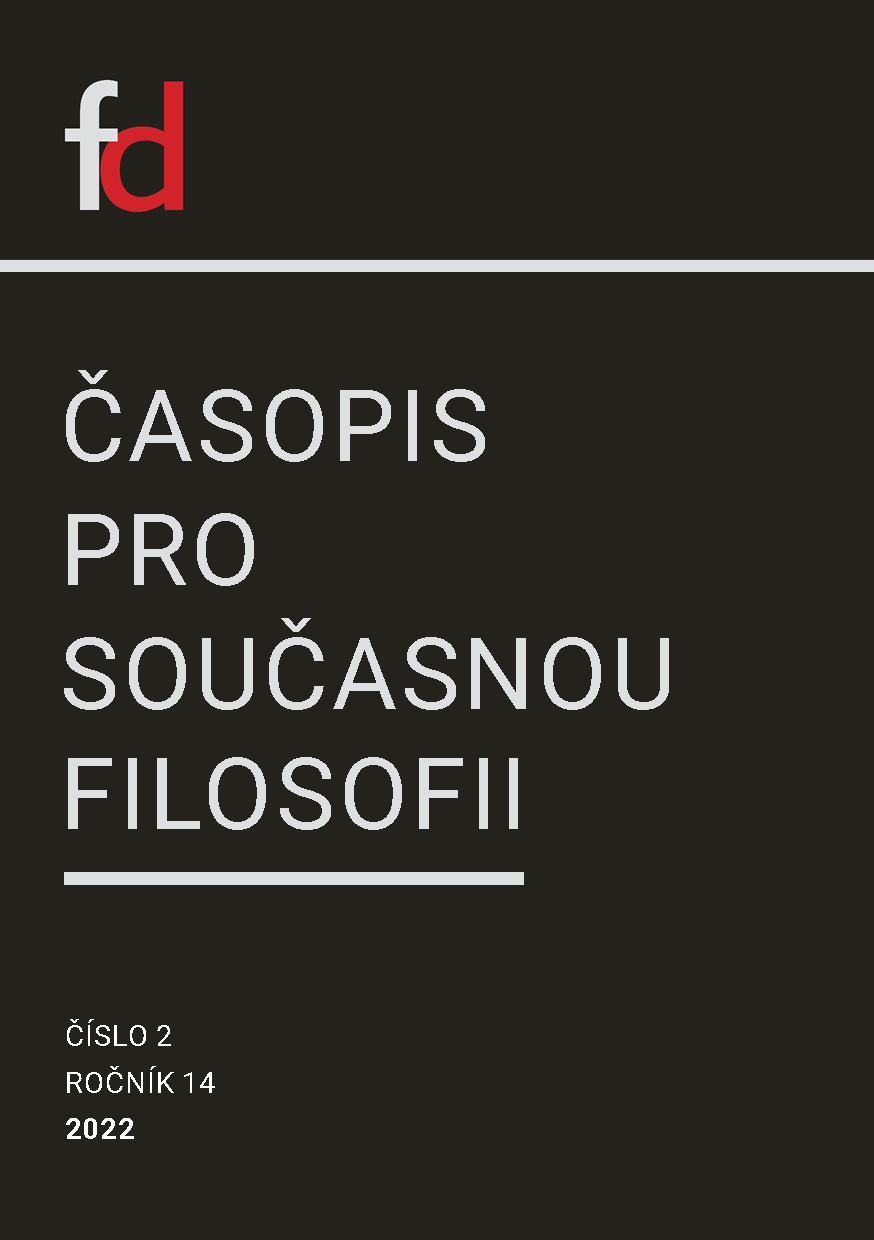Dummettʼs Anti-Realism about Mathematical Statements
DOI:
https://doi.org/10.26806/fd.v14i2.355Abstract
Just as the accuracy of scientific theories is best tested in extreme physical conditions, it is advisable to verify the accuracy of a recognized conception of language on its extreme parts. Mathematical statements meet this role, thanks to the notion of truth and proof. Michael Dummett’s anti-realism is an enterprise that has attempted on this basis to question the notion of the functioning of language-based primarily on the principle of bivalence, the truth-condition theory of meaning, and the notion that the speaker must be able to demonstrate his knowledge of meaning publicly. In common language practice, one can observe assertions that we can neither verify nor refute in principle. On these so-called undecidable statements, Dummett tried to show that if we apply the traditional description to them, we inevitably reach paradoxical conclusions. Mathematical statements referring to an infinite number may be examples of these assertions. In the submitted paper, I will present Dummett’s position resulting primarily in a manifestation and acquisition argument, according to which it should not be possible to understand undecidable statements at all. In conclusion, however, I will show that his intention – despite many valuable comments – fails, i.e. that there is a way to avoid both arguments while preserving the realistic description of the language in general.
Key words: anti-realism, mathematical statements, meaning, Michael Dummett, truth, truth-condition theory of meaning
Downloads
Published
Issue
Section
License
Authors who publish in this journal agree that:
1. Authors retain copyright and guarantee the journal the right of first publishing. All published articles are licensed under the Creative Commons Attribution license, which allows others to share this work under condition that its author and first publishing in this journal was acknowledged.
2. Authors may enter into other agreements for non-exclusive dissemination of work in the version in which it was published in the journal (for example, publishing it in a book), but they have to acknowledge its first publication in this journal.
3. Authors are allowed and encouraged to make their work available online (for example, on their websites) as such a practice may lead to productive exchanges of views as well as earlier and higher citations of published work (See The effect of open access).


